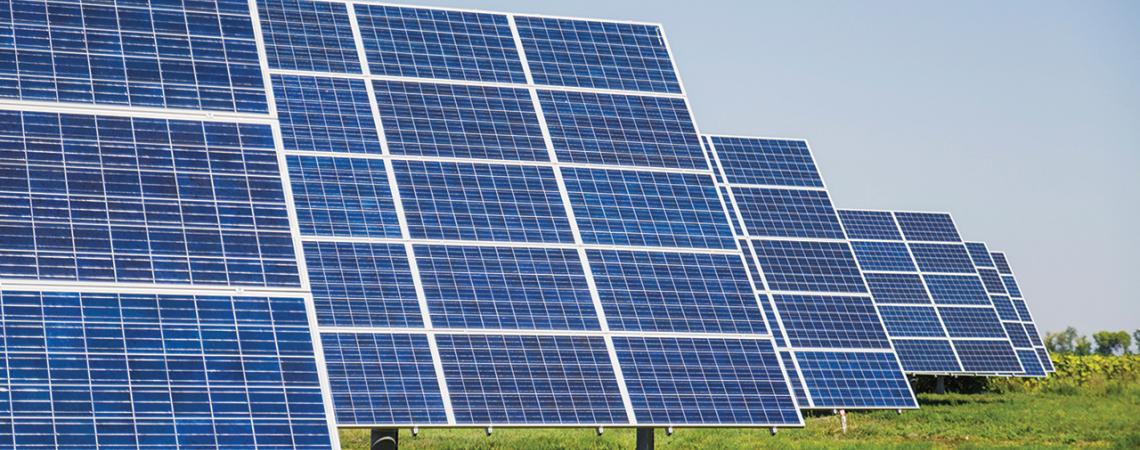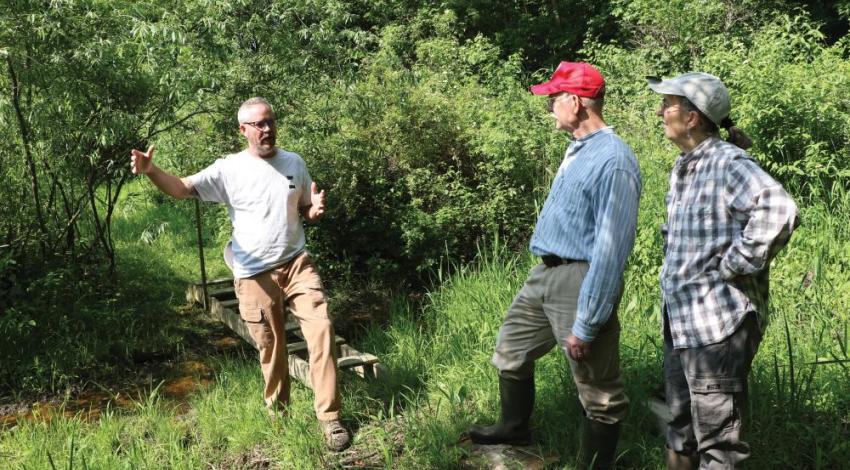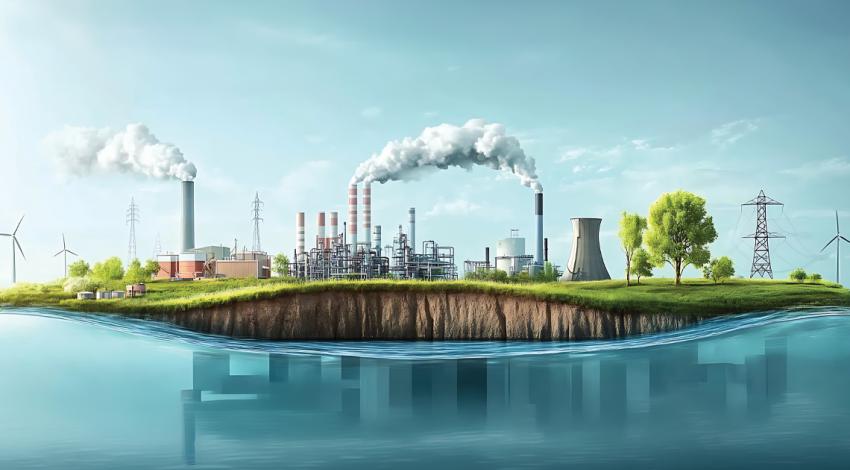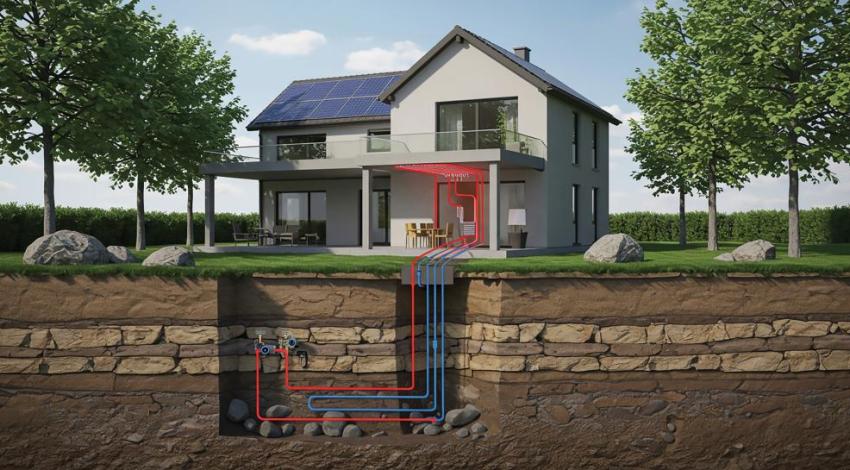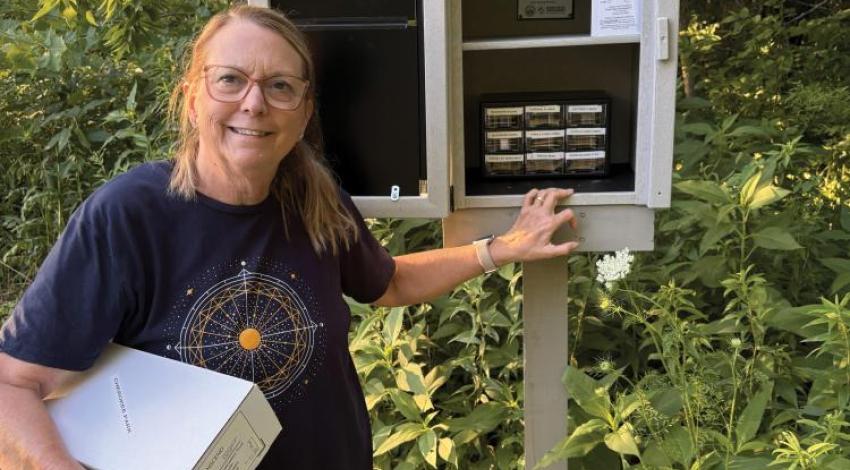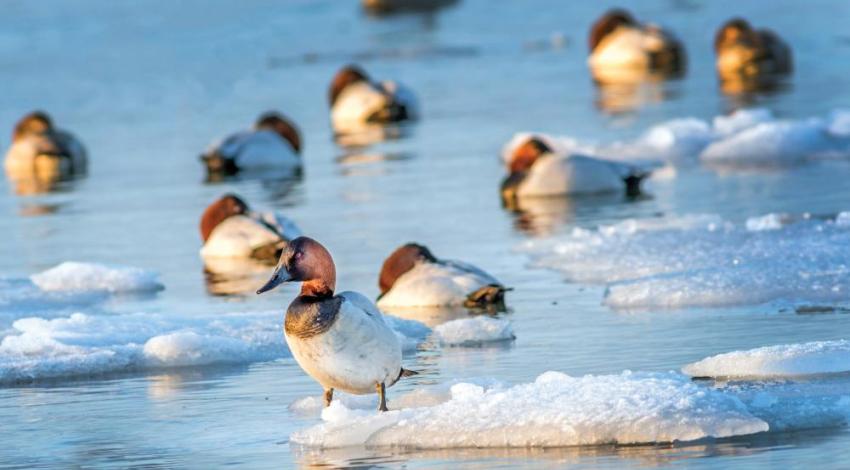Electric co-ops have pioneered community solar programs, where members subscribe to a community project and the co-op installs a large array that is much less costly per kilowatt than smaller rooftop projects. (Photo by Dan Husted, courtesy of Lake Region Electric Cooperative)
The decisions about how to heat your home and how to fuel your transportation needs are among the most important environmental decisions you can make. Choosing options that are more efficient can not only save you money but can reduce your environmental impact, as well.
Heat pumps are an example where improved technology can help you out. Heat pumps are about 1.5 times more efficient than they were in the 1970s, and they’re functioning better in colder temperatures. Heat pumps take care of your cooling needs too, and can do so with about half the energy they required in 1990. Of course, the best choice for home heating and cooling depends to a large degree on the climate where you live. In more extreme climates, you’ll need more heating or cooling capacity, and that can justify splurging for the more energy-efficient models.
As our energy supply becomes cleaner, thanks to investments in state-of-the-art environmental controls at power plants and the addition of community solar options around the state and nation, electric vehicles are becoming a better environmental choice. The environmental advantage depends upon how electricity is generated in different locations, and there are other factors to consider when looking at an electric vehicle. The fuel cost of an electric vehicle is, on average, half as much per mile as a gasoline vehicle. Electric vehicles generally require less maintenance, but the batteries eventually need to be replaced. Battery costs are dropping, but potential buyers should note that there will still be a hefty bill. Electric vehicles cost more up front than their gas counterparts, but the cost is coming down with every new model.
As you make your decision on a heating system and new vehicle, remember there are other things you can do to reduce the environmental impact of your energy use. You can insulate and seal the air leaks in your home. You can set the thermostat a little lower in the winter and a little higher in the summer. You can also check with your local electric co-op to see if they offer additional energy-saving tips.
For more of Pat Keegan’s efficiency advice, visit www.collaborativeefficiency.com/energytips.
